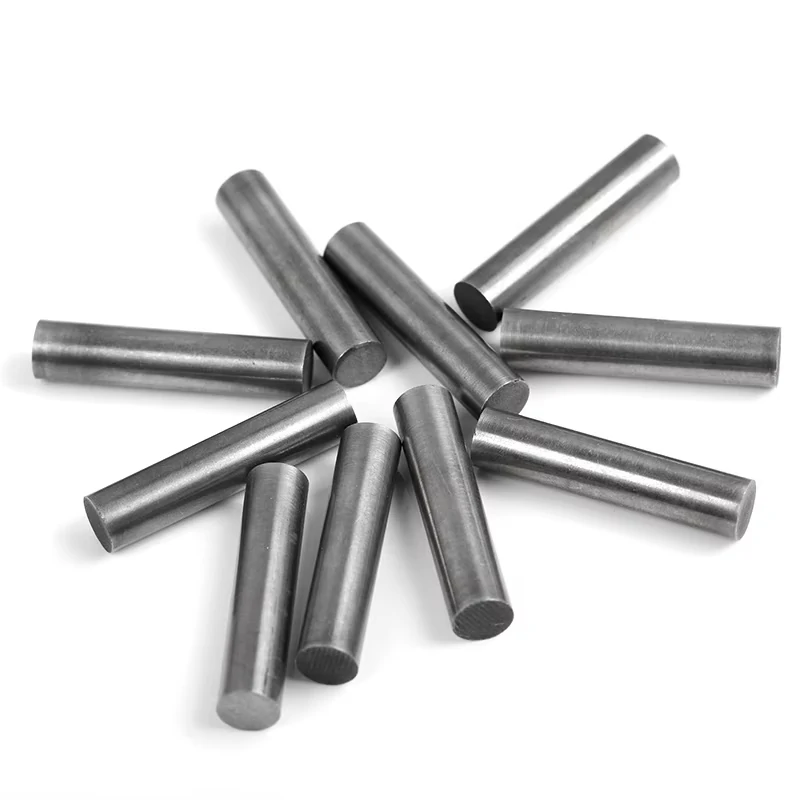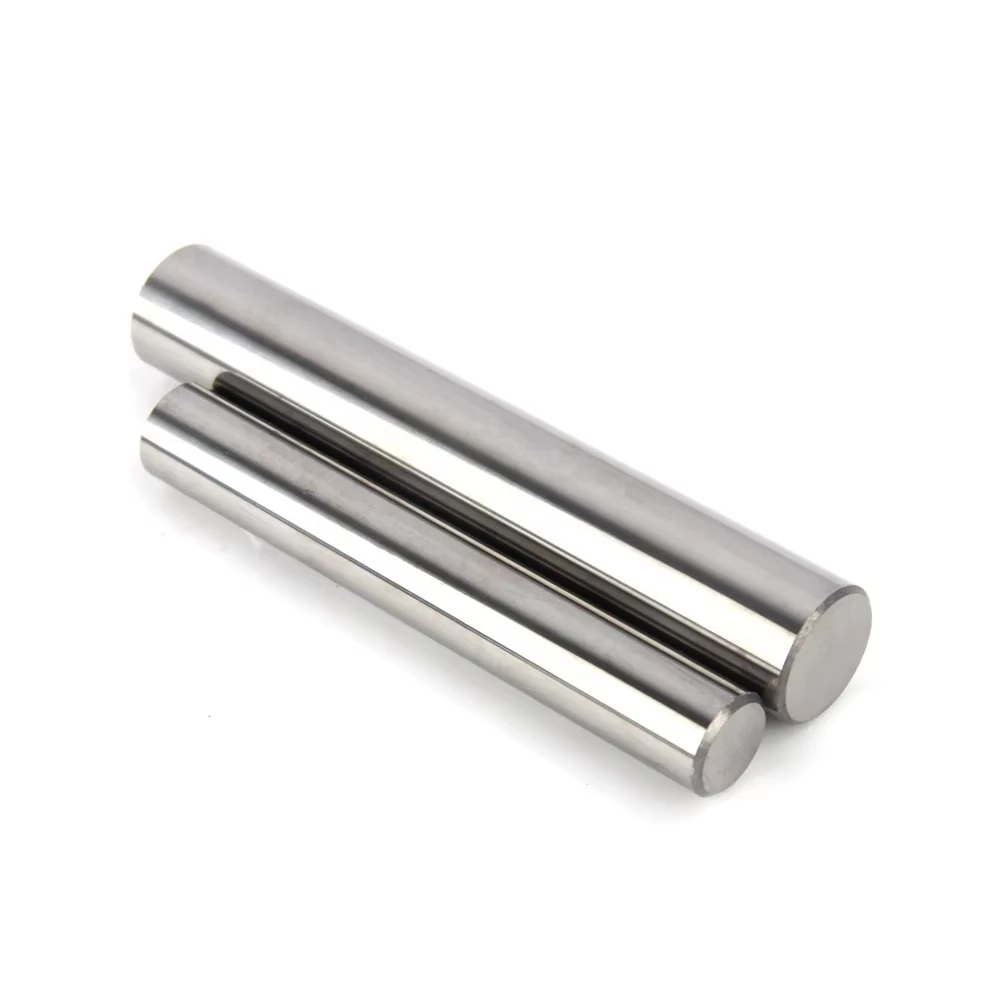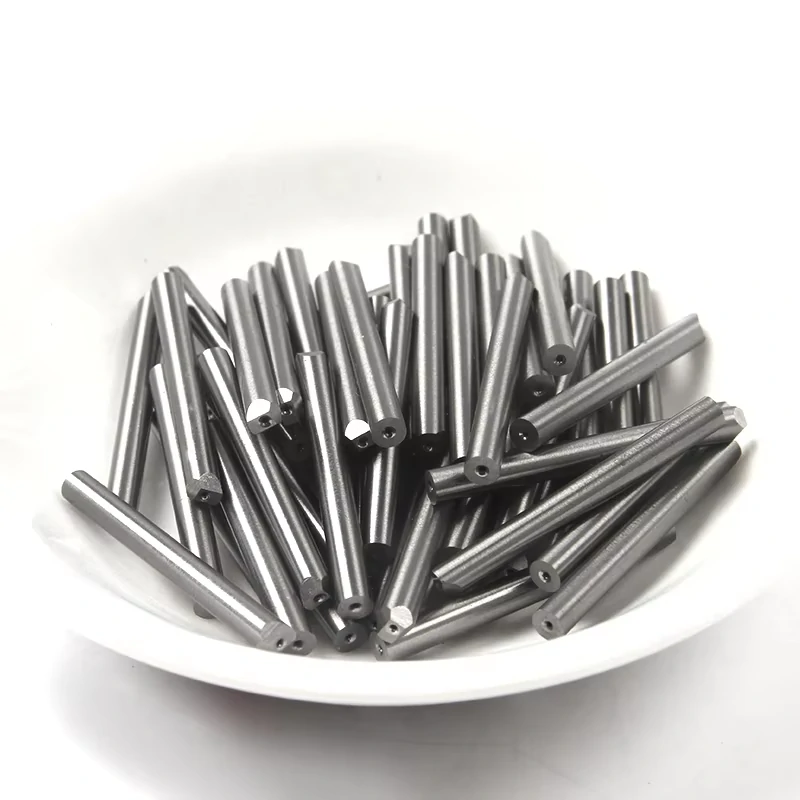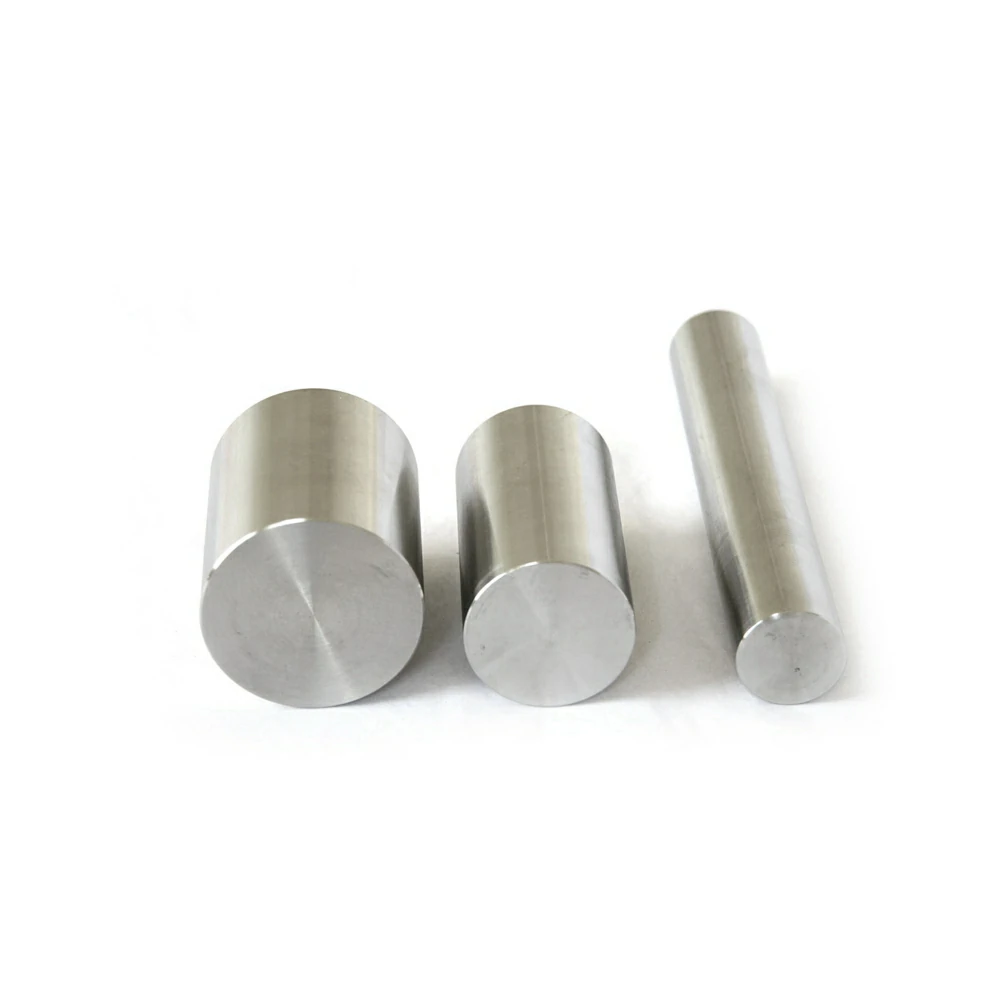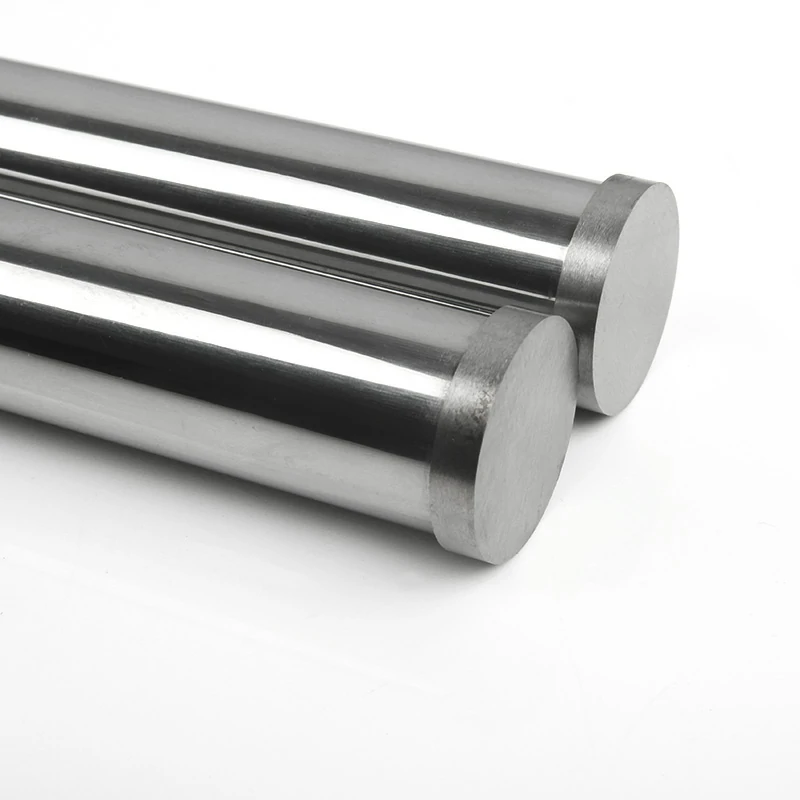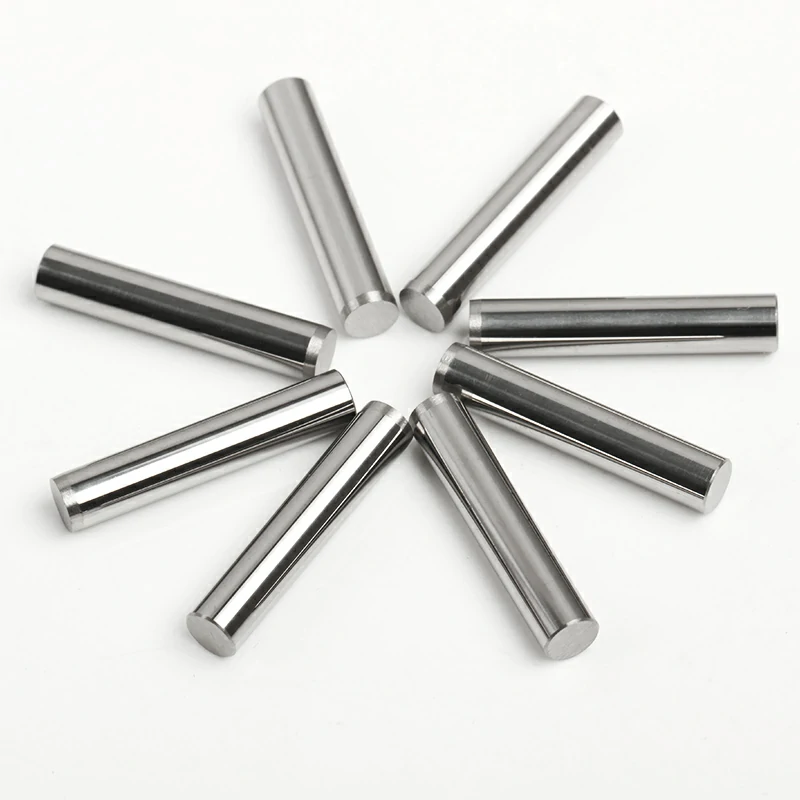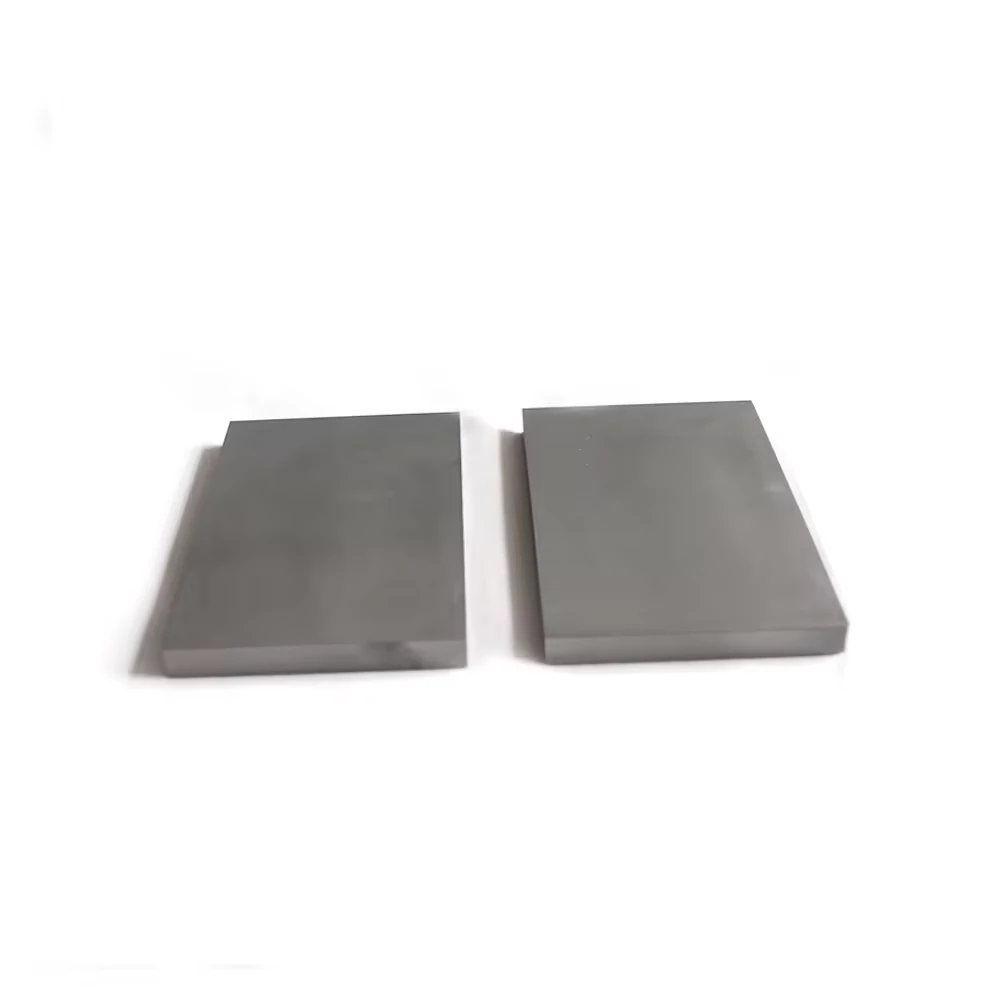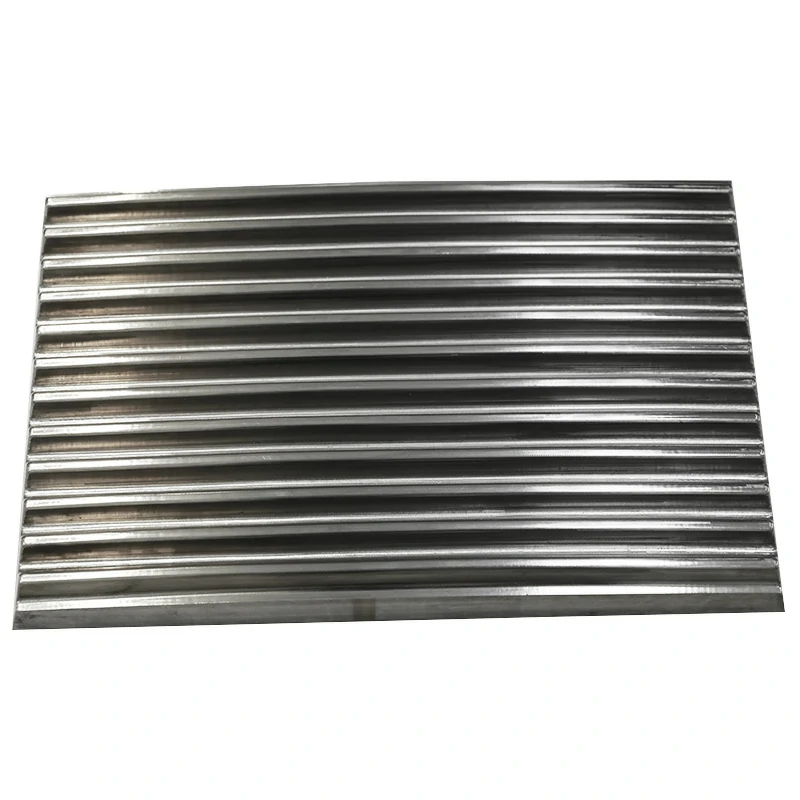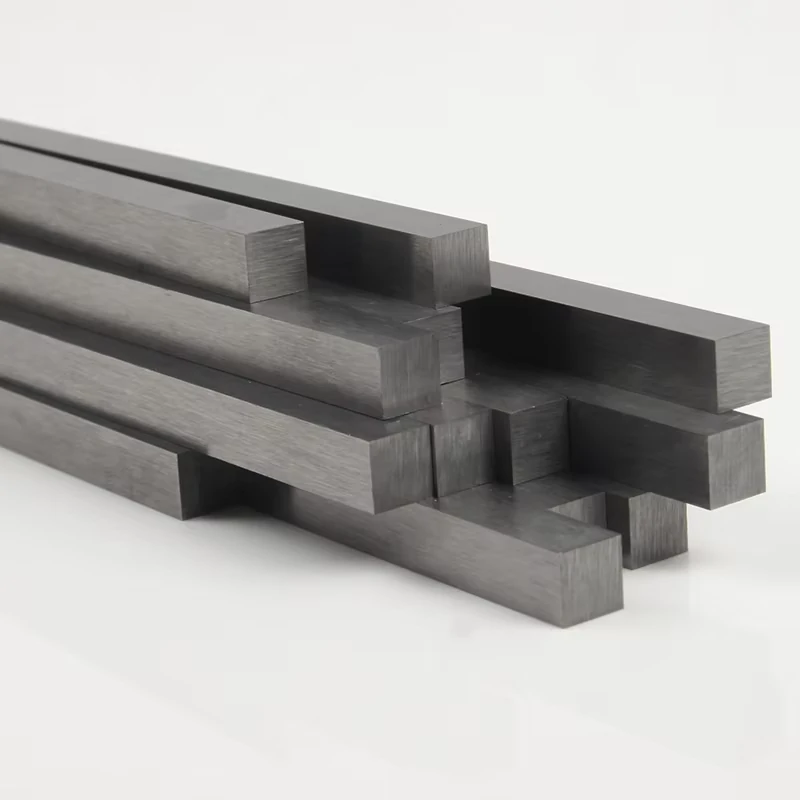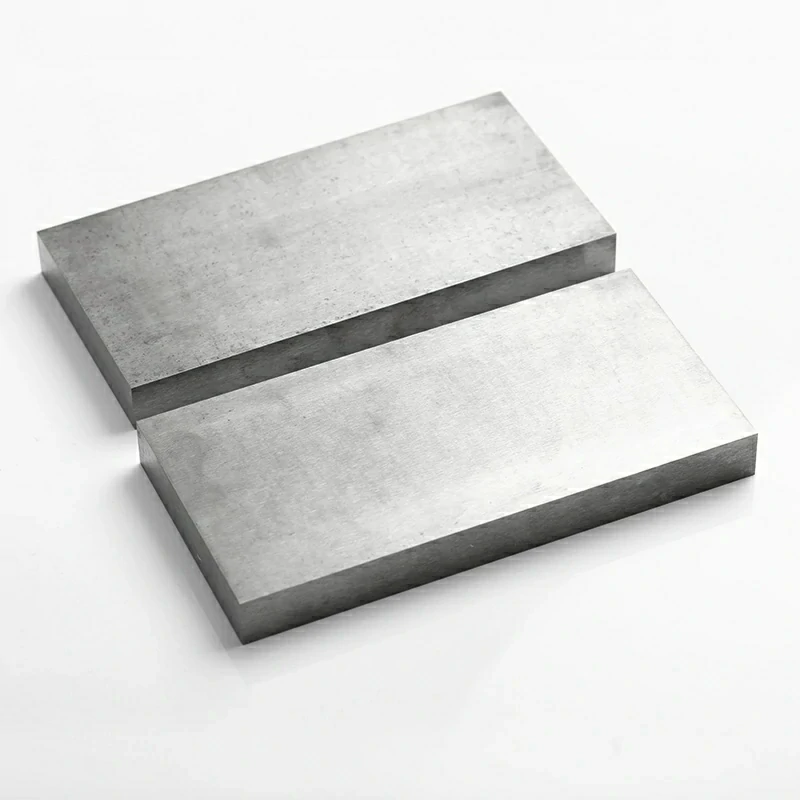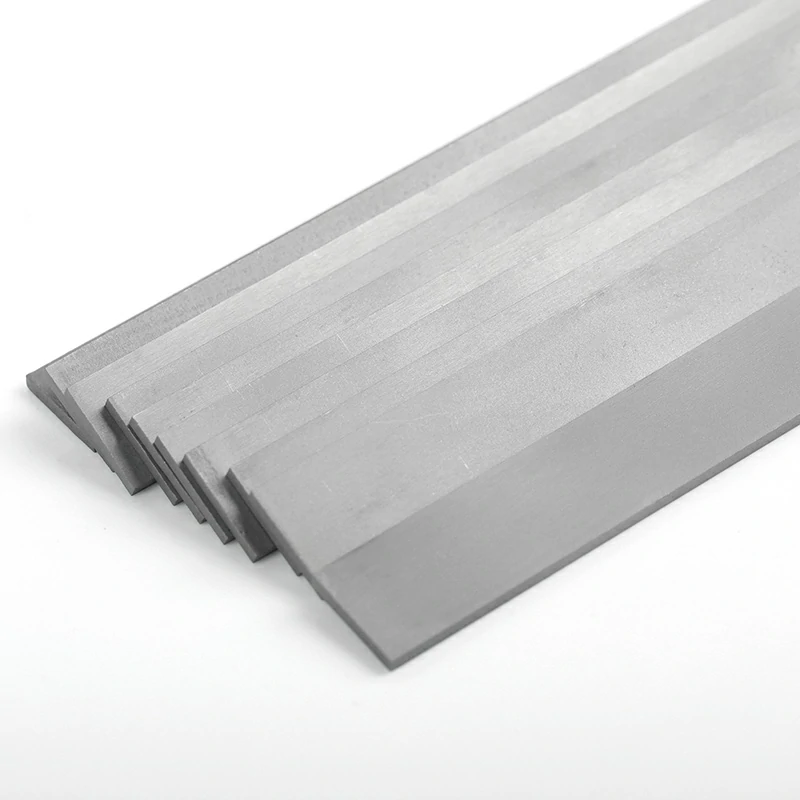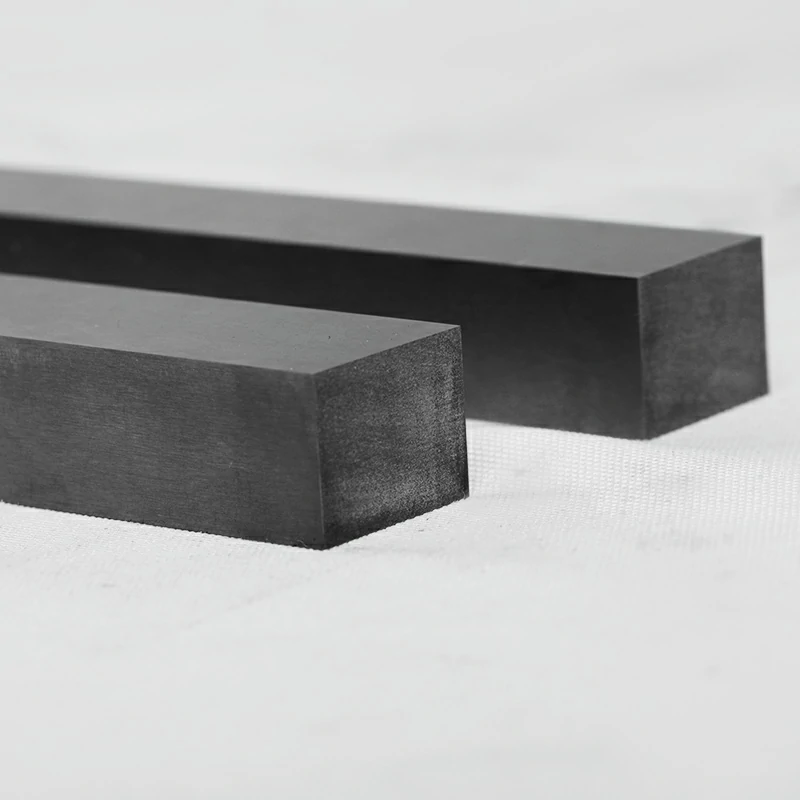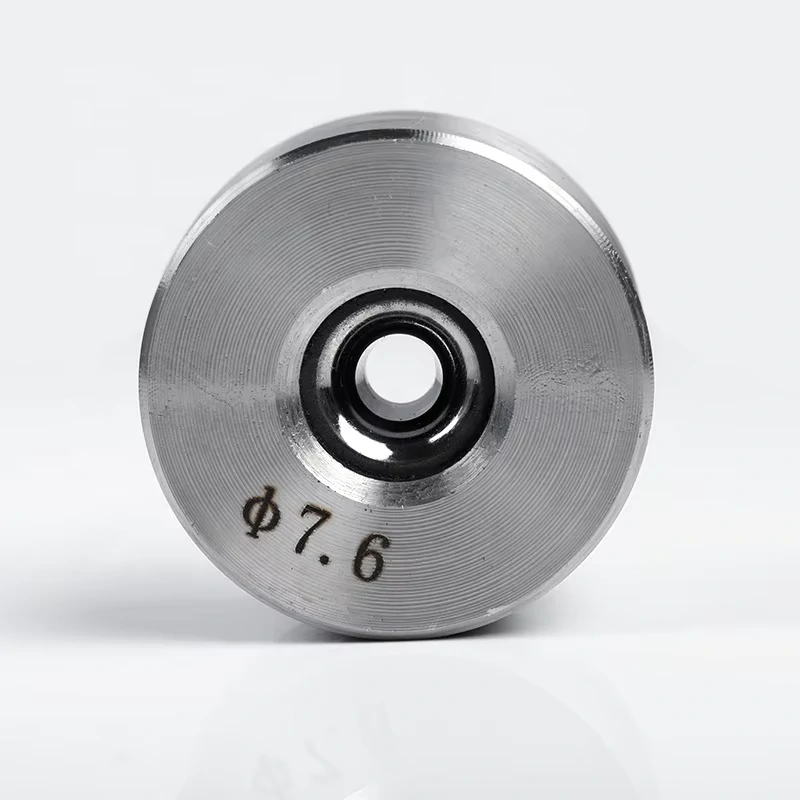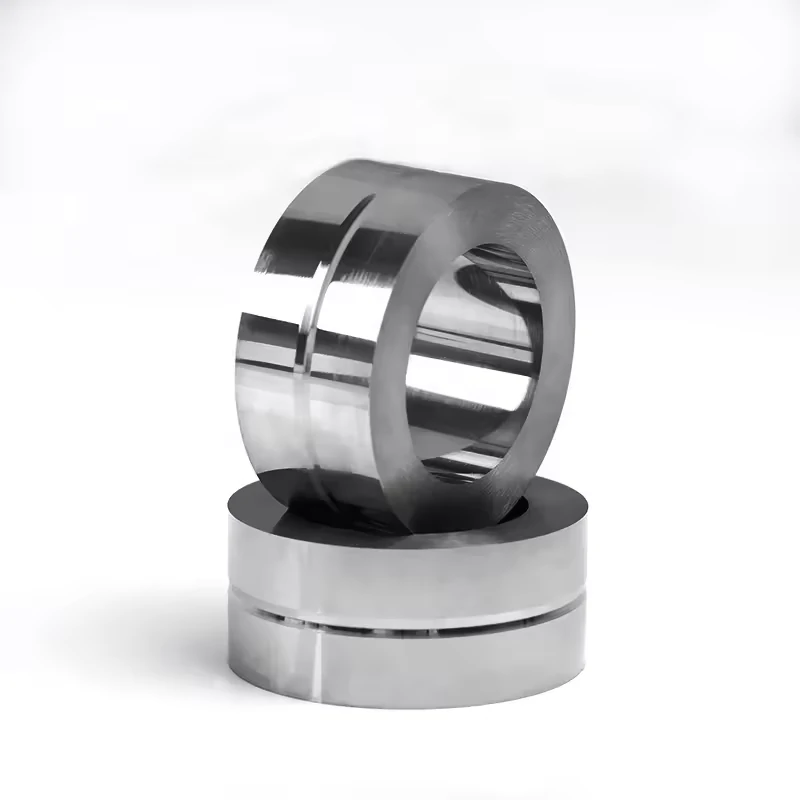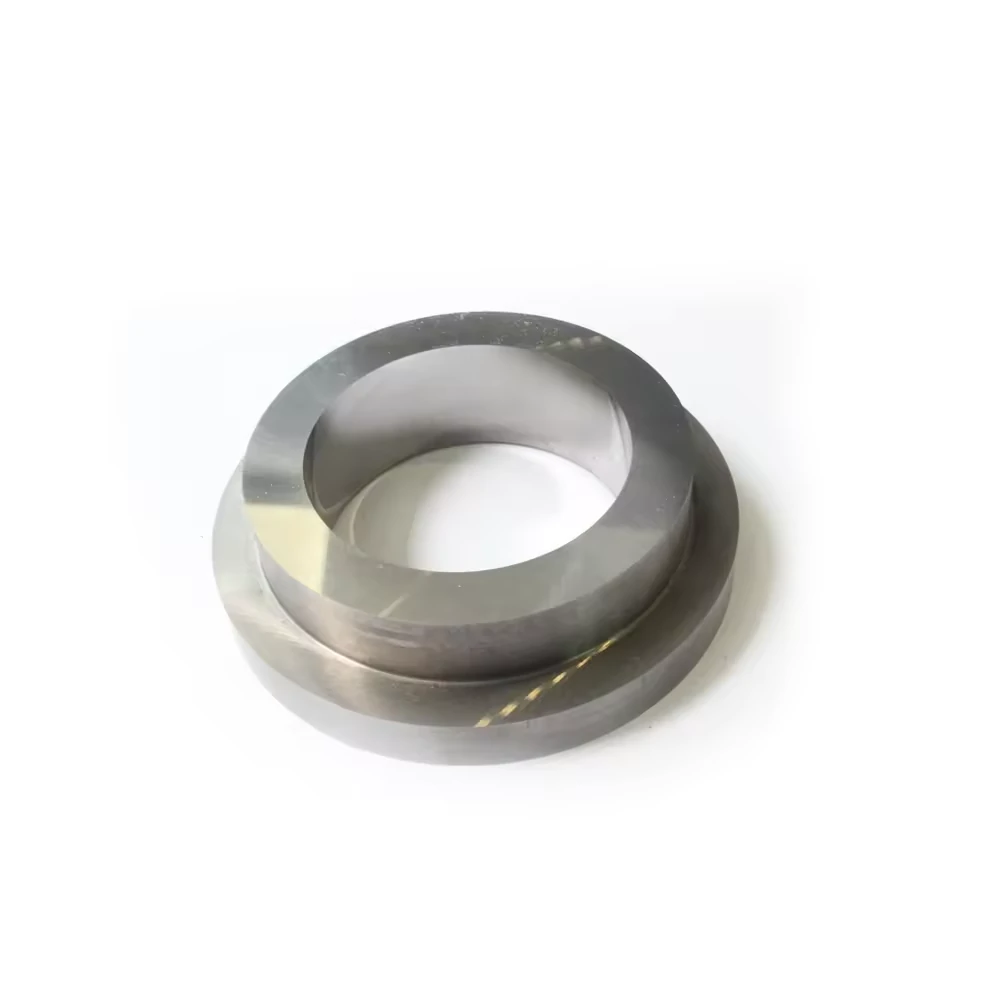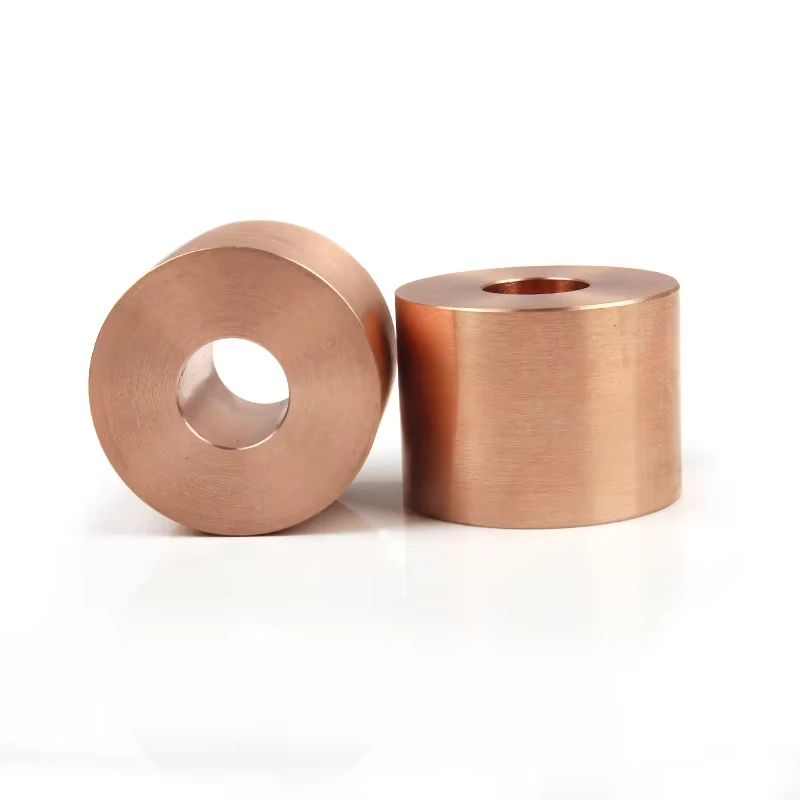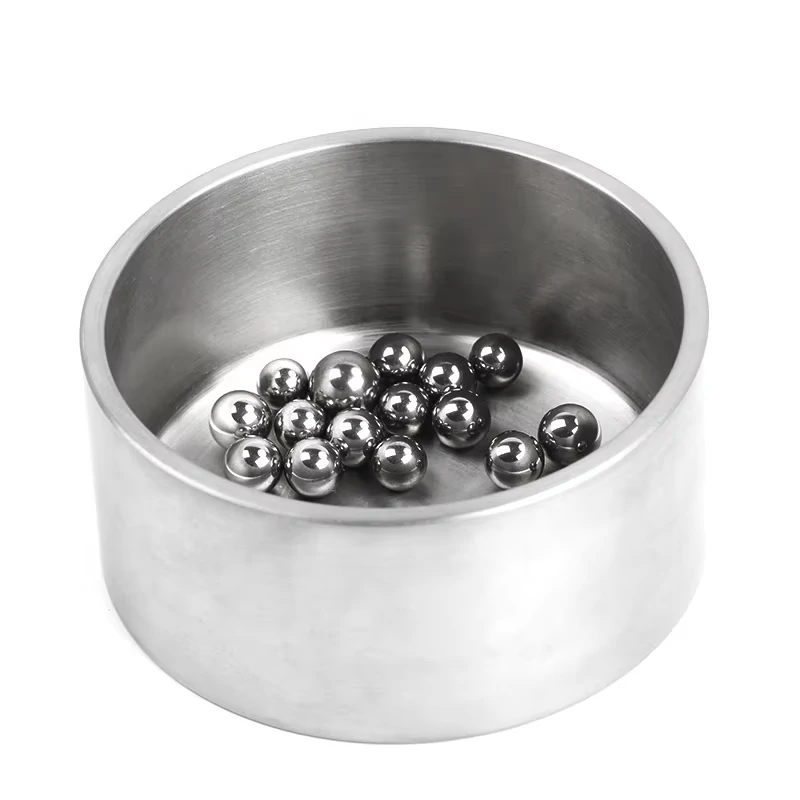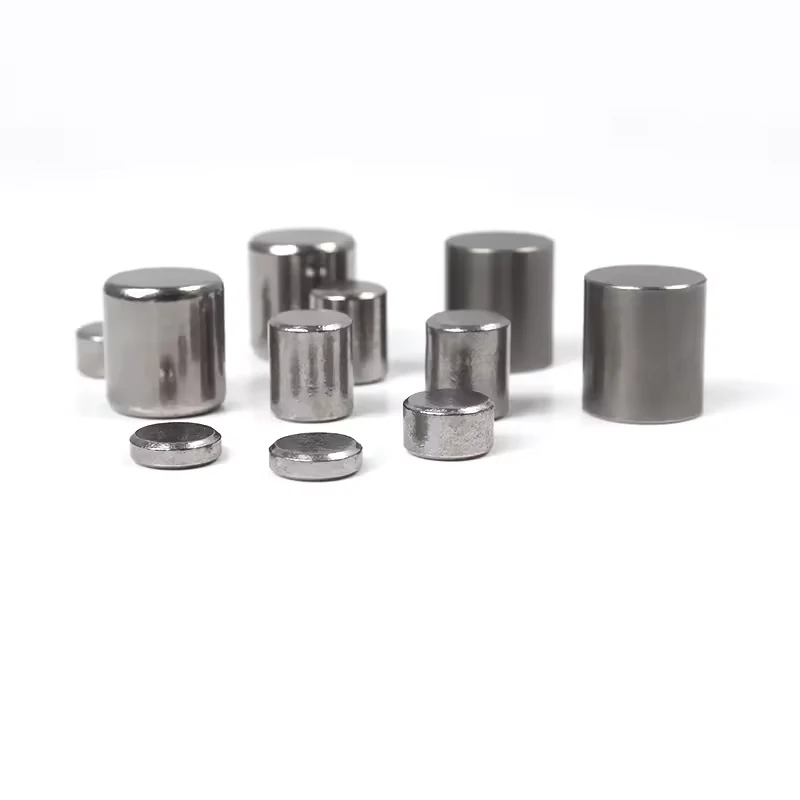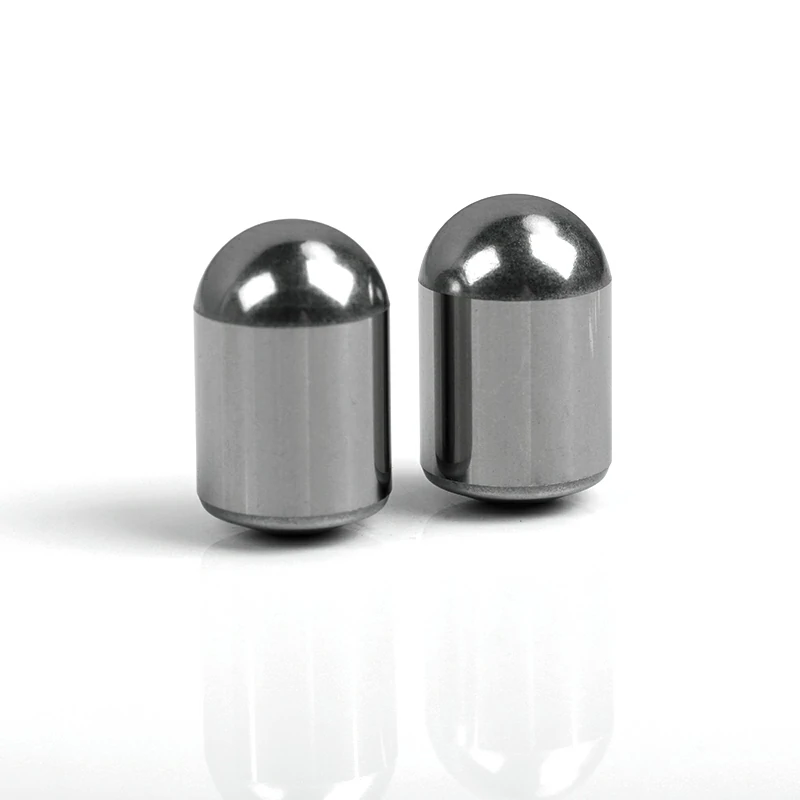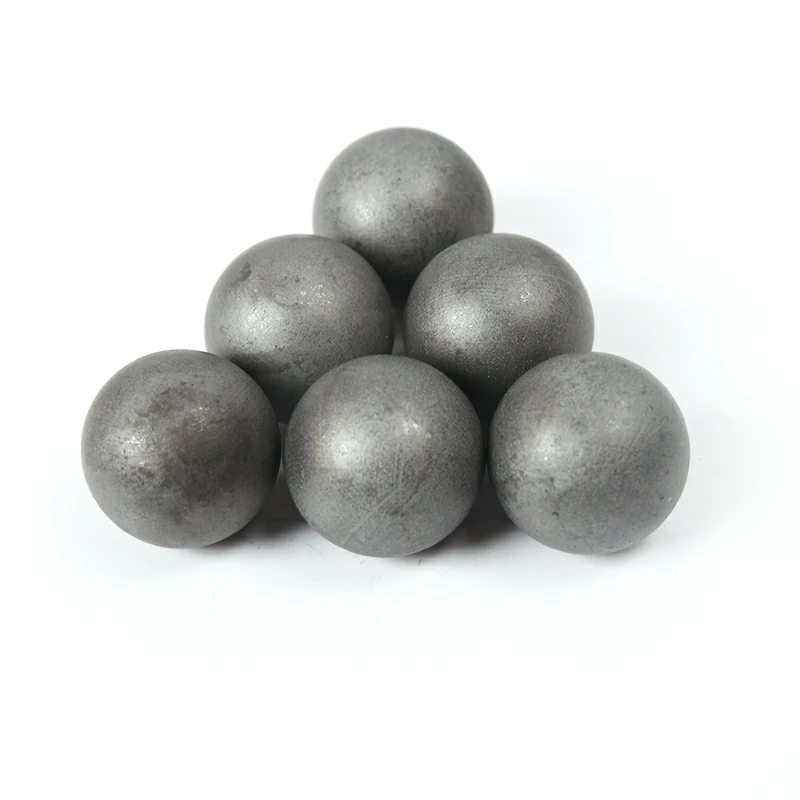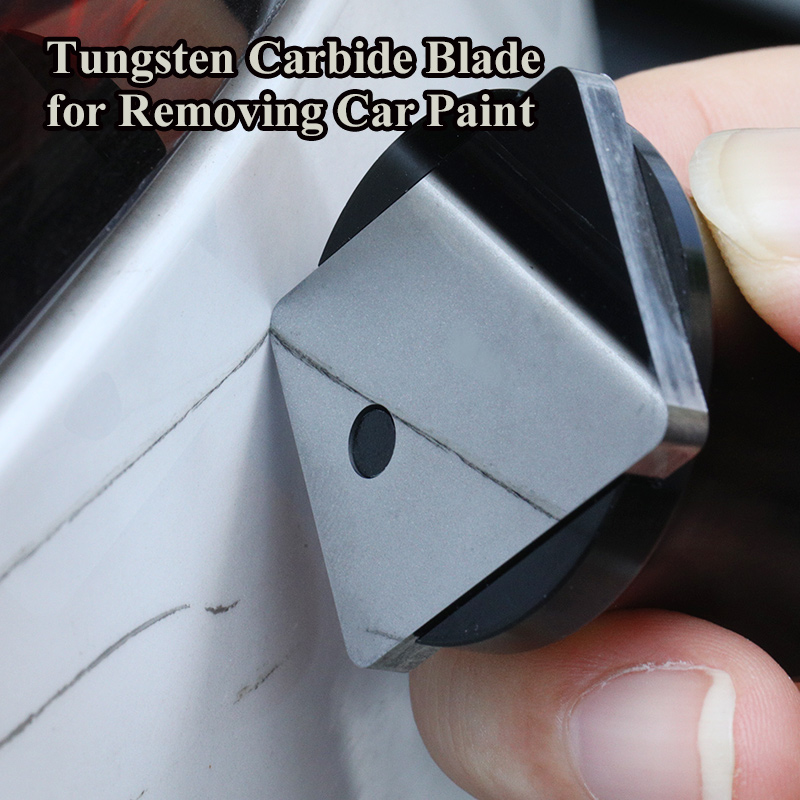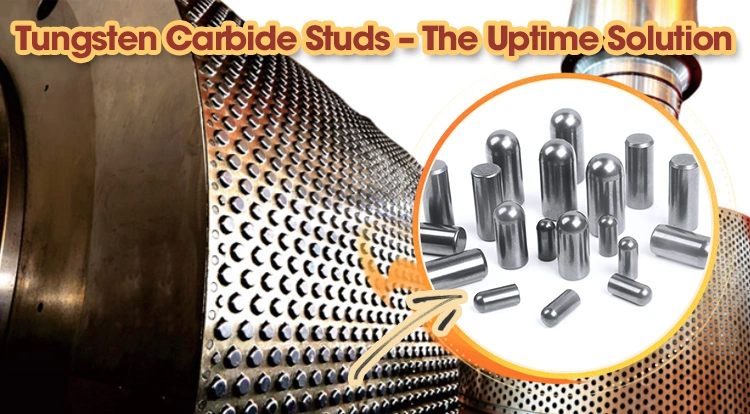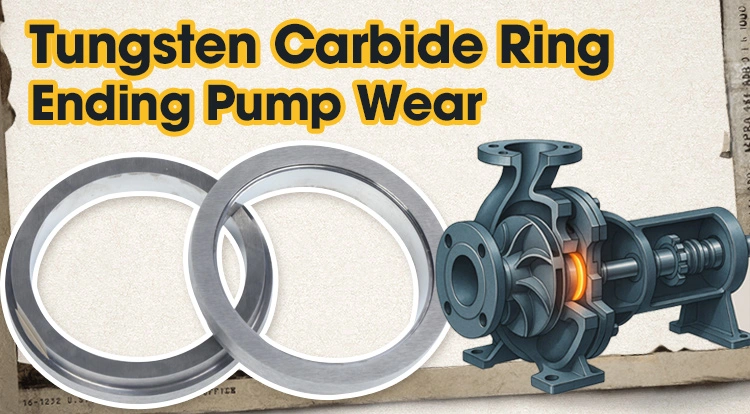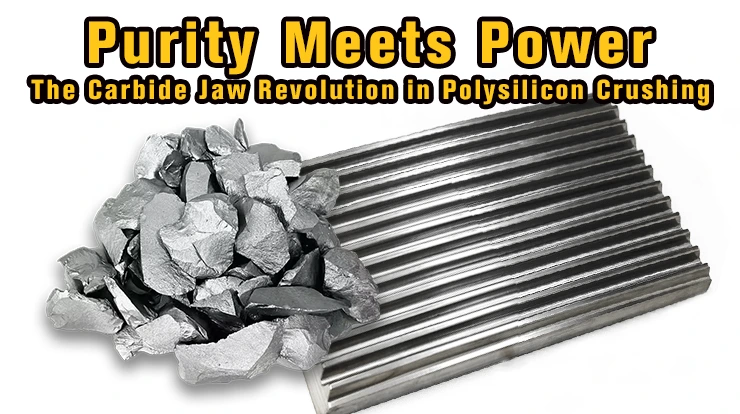Unlock Industrial Performance of Cemented Carbide Balls
Writer: admin Time:2025-02-28 17:25:15
In the industrial field, balls are crucial components widely used in core equipment such as bearings, valves, and measuring instruments. The choice of ball material directly affects the performance, lifespan, and reliability of the equipment. Faced with diverse application scenarios, selecting the appropriate ball material is paramount. This article will focus on Cemented Carbide Balls and conduct an in-depth comparative analysis with commonly used materials such as steel, ceramics, and plastics, revealing the superior performance and application advantages of cemented carbide balls.
What are Cemented Carbide Balls?
Cemented carbide is a composite material made by sintering metal carbide powder (typically Tungsten Carbide (WC, https://en.wikipedia.org/wiki/Tungsten_carbide)) with a metal binder (usually cobalt (Co)) through a powder metallurgy process. Cemented carbide balls are made from this material, sintered under high pressure and high temperature, endowing them with unique and excellent properties.
Cemented Carbide Balls vs. Other Materials: Comprehensive Performance Comparison
To more intuitively understand the advantages of cemented carbide balls, we will compare them with commonly used ball materials such as steel, cermet, and plastics (data reference in the table below):
| Comparison | Cemented carbide | Steel | Cermet | Plastics |
|---|
| Composition of materials | Made of metal powders such as Tungsten Carbide (WC) and Cobalt (Co) sintered at high temperature. | Consists mainly of iron (Fe) and carbon (C), and may contain alloying elements such as chromium (Cr) and nickel (Ni). | Typically includes polytetrafluoroethylene (PTFE), polyoxymethylene (POM), nylon (PA) and polyethylene (PE). Also includes ceramic components such as zirconium oxide (ZrO₂), aluminum oxide (Al₂O₃), silicon nitride (Si₃N₄) and others. | Typically includes polytetrafluoroethylene (PTFE), polyoxymethylene (POM), nylon (PA) and polyethylene (PE). |
| HARDNESS | Usually between 88-93 HRA | Typically between 50-65 HRC, depending on heat treatment and alloy composition. Hardness | Usually between 85-94 HRA | Usually between Shore hardness D 50-80. |
| Abrasiveness | Excellent for high wear environments. | Bad, it wears out faster. | Excellent, especially at high speeds and high loads. | Poor, but performs well under low load and low speed conditions. |
| Compressive strength | High, can withstand greater pressure without deformation. | Lower, easy to deform under high pressure. | High, but brittle. | Lower, easy to deform under high pressure. |
| Corrosion resistance | Better, especially at higher cobalt content. | Poor and easy to rust, but stainless steel balls would be better. Corrosion | Excellent performance and virtually impervious to acid and alkali corrosion. | Excellent performance and virtually impervious to acid and alkali corrosion. |
| Density | Typically between 14-15 g/cm³. | About 7.85 g/cm³. Density | Zirconia is about 6 g/cm³ and silicon nitride is about 3.2 g/cm³. | Typically between 0.9-1.4 g/cm³. |
| Cost | Production costs are high and expensive. | Low cost of production and cheap. | Production costs are high, but certain ceramics (e.g., aluminum oxide) are relatively low cost. | Low production costs and cheap prices. |
| Application | Used in high wear-resistant and high-precision occasions, such as precision bearings, valves, measuring instruments, and so on. | Widely used for general mechanical parts, bearings, ball screws, etc. | Used for high-speed bearings, medical equipment, chemical equipment, precision instruments, and so on. | Used in low load bearings, chemical equipment, food machinery, toys, etc. |
Advantages of Cemented Carbide Balls Summarized:
Exceptional Hardness and Wear Resistance: Cemented carbide balls have significantly higher hardness than steel, second only to diamond, making them perform exceptionally well in extreme wear environments and extending equipment lifespan.
Suitable Scenarios for Cemented Carbide Balls:
High-Precision Bearings: In aerospace, precision machine tools, medical equipment, and other fields, cemented carbide ball bearings can provide higher precision and longer life.
Wear-Resistant Parts: Applied to easily worn parts such as valves, pumps, and nozzles, significantly improving the durability of components.
Harsh Working Environments: In harsh environments such as high temperature, high pressure, and corrosive media, cemented carbide balls can still operate stably and reliably.
Choose HAO Carbide, Choose Superior Quality
HAO Carbide is committed to providing customers worldwide with high-quality cemented carbide products. Our cemented carbide balls are manufactured using premium raw materials and advanced processes, boasting superior performance and reliable quality assurance. If you are seeking high-performance ball solutions, cemented carbide balls are your ideal choice.
Visit our website www.hao-carbides.com to learn more about our products, or contact us for professional consultation.
